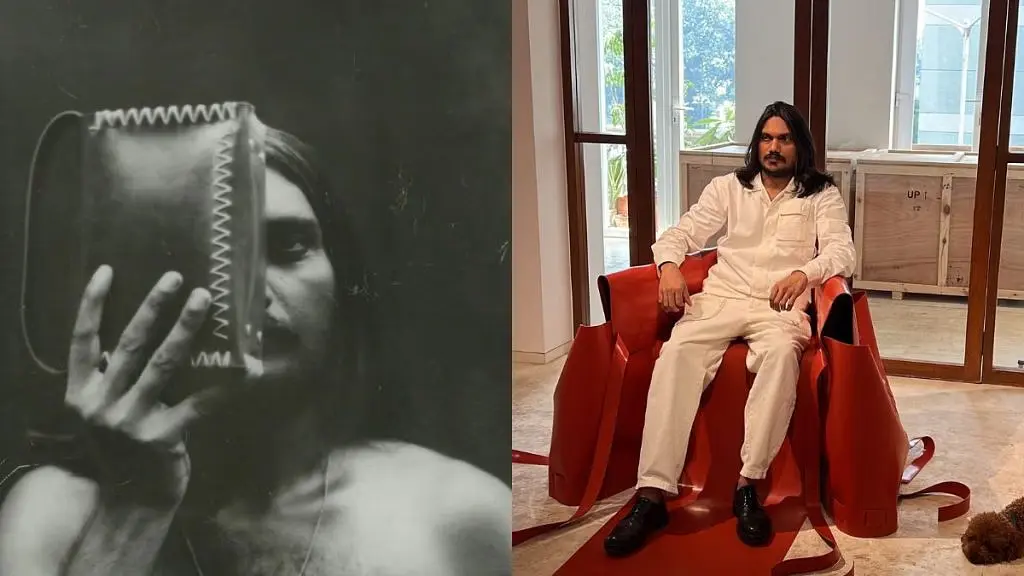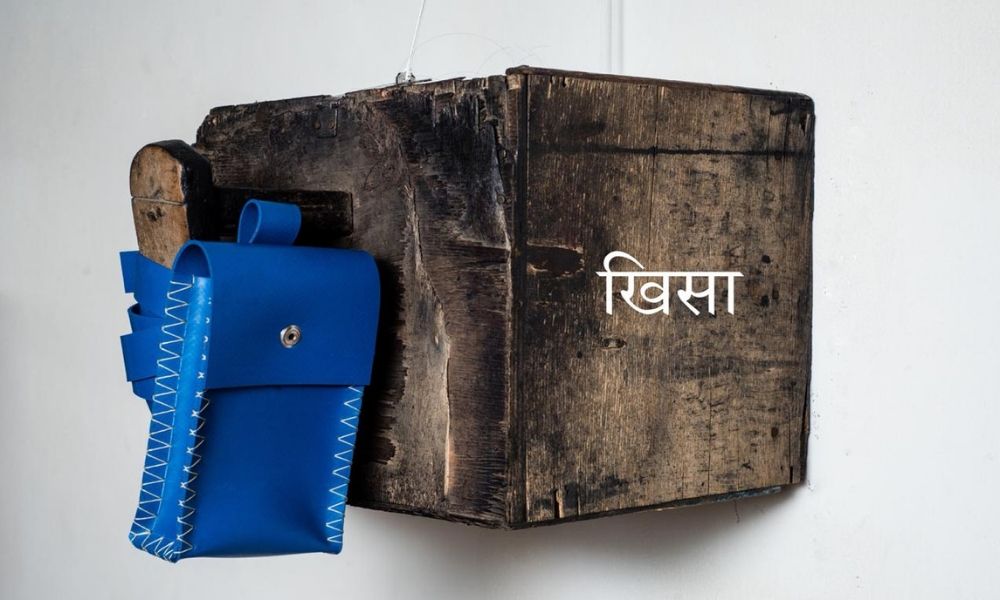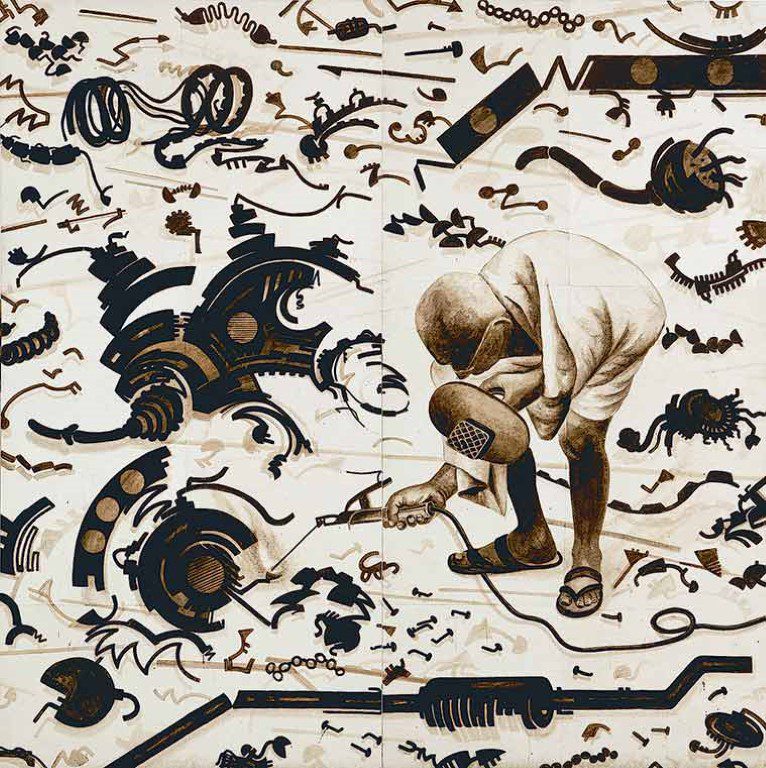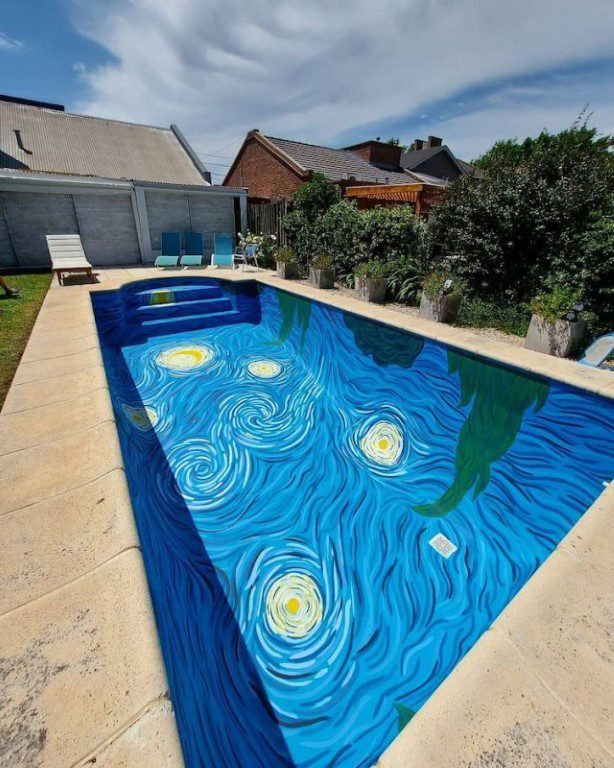When India’s 2015 beef ban devastated traditional leather workers from Dalit communities, Sudheer Rajbhar saw an opportunity rather than defeat. He founded Chamar Studio in Mumbai, creating a sustainable fashion brand that transforms recycled rubber into leather-like accessories while empowering marginalized artisans.
Working with artisans in Dharavi, Mumbai’s largest slum, Rajbhar developed a signature material—canvas mesh fused with recycled rubber—that mimics leather’s texture while championing sustainability. The studio operates on a revolutionary profit-sharing model, returning up to 50% of income to artisans through the Chamar Foundation.
By reclaiming the term “Chamar”—often used as a slur—Rajbhar transforms it into a symbol of pride and exceptional craftsmanship, challenging deep-rooted caste prejudices.
The brand’s minimalist designs caught international attention, culminating in Rihanna being photographed with a ₹10 lakh Chamar Studio chair at Design Miami. This moment launched the artisans from Dharavi onto the global stage, with their work now reaching markets in Germany and Miami.

Rajbhar’s upcoming initiatives include:
Personalization services allowing customers to design custom bags
Haveli Chamar project in Rajasthan—co-working spaces fostering collaboration among diverse artisans
Continued expansion of international market presence
Chamar Studio has become more than a business—it’s a movement. Artisans report increased self-esteem and social standing, while the brand demonstrates how sustainable fashion can drive meaningful social change.

A powerful example of how creativity, social responsibility, and inclusive business practices can uplift entire communities while competing successfully in global markets.
Featuring Image Courtesy: Architecture Plus Design
Contributor





